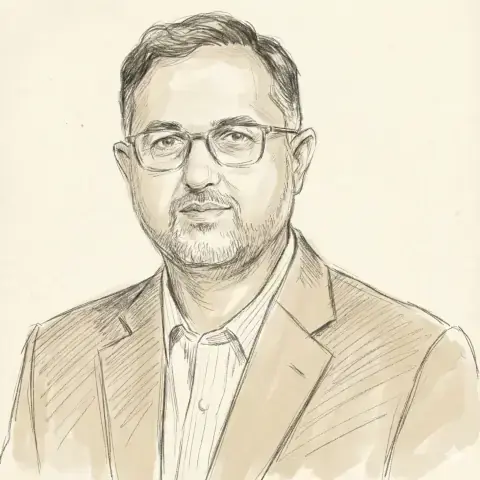ISLAMABAD: The government proposes to spike allocation for defence by a whopping 18 per cent to Rs1.1 trillion (approximately $9.6bn) for the next fiscal year from the original estimate of Rs920bn for the outgoing financial year.
The increase represents the highest growth in defence budget in over a decade, as the allocation is 10.22pc greater than the revised estimate of Rs998m for the present financial year.
The defence expenditure is 21pc of the total budget outlay for the next year and 3.2pc of gross domestic product. The increase is consistent with the rate of 20pc at which the current expense is estimated to grow next financial year. However, the allocation does not give the complete picture of the defence budget, as it does not include Rs260bn for pension of retired soldiers and the allocation for major weapon procurement.
Allocation doesn’t include military pension bill, spending on major weapons procurement
In his budget speech, the newly appointed Finance Minister, Miftah Ismail, noted the sacrifices rendered by the military and paramilitary forces, and their success in eliminating terrorist hideouts.
The government allowed 11pc annual increase in the defence budget on an average except for its first budget 2013-14 when the PML-N government had increased the defence spending by 15pc.
The budget does not include several other allocations for the military, including Rs260bn for pension, which is 76pc of the federal government’s total pension bill, as well as Rs45bn for security enhancement.
While there is no mention of expenditure incurred on the country’s nuclear and missile programme, major planned military hardware acquisitions are also not part of the Rs1.1tr defence allocation. The defence budget details show that maximum growth (31pc) has been recorded in the employees-related expenses over the original allocation for the outgoing year and 16.25pc when compared with the revised numbers. This head covers the salaries and allowances paid to troops in uniform and civilian employees.
The operating expense, which covers transport, POL, ration, medical treatment, training etc, has grown by 12.4pc from the one allocated in the current financial year.
A 16pc increase has been proposed for physical assets that provides for local purchase and import of arms and ammunition and related procurements. The increase is 12.8pc over the revised figures for 2017-18.
Civil works that include funds marked for maintenance of existing infrastructure and construction of new buildings get a 10.1pc increase over the original allocation, or six per cent when compared with the revised figure.
Navy gets 21.4pc share
The ratio at which the budgets of the three forces and the inter-services institutions are proposed to grow also gives an interesting read. The army traditionally gets the lion’s share of the increase, but this time around the navy has been given 21.4pc increase over the original allocation, followed by the army (19.7pc), Pakistan Air Force (19.5pc) and inter-services institutions (18.6pc).
It gets even more interesting when the hike is compared with the revised budget for the outgoing year according to which the army got the lowest rise of four per cent whereas the air force 16pc, the navy 15.5pc and the inter-services institutions 17.3pc.
Jane’s Defence Budgets Report had in December forecast that global defence expenditure was set to touch the highest level in 2018 since the end of the Cold War. Over the last decade, the global defence expenditure had fallen from an average level of 2.7pc to 2.2pc of GDP. However, they are growing for the fifth consecutive year.
India and China are among the top five defence spenders globally, with India setting aside $45bn (12.10pc of the total central government expenditure) and China spending $175bn this year.
Published in Dawn, April 28th, 2018



































